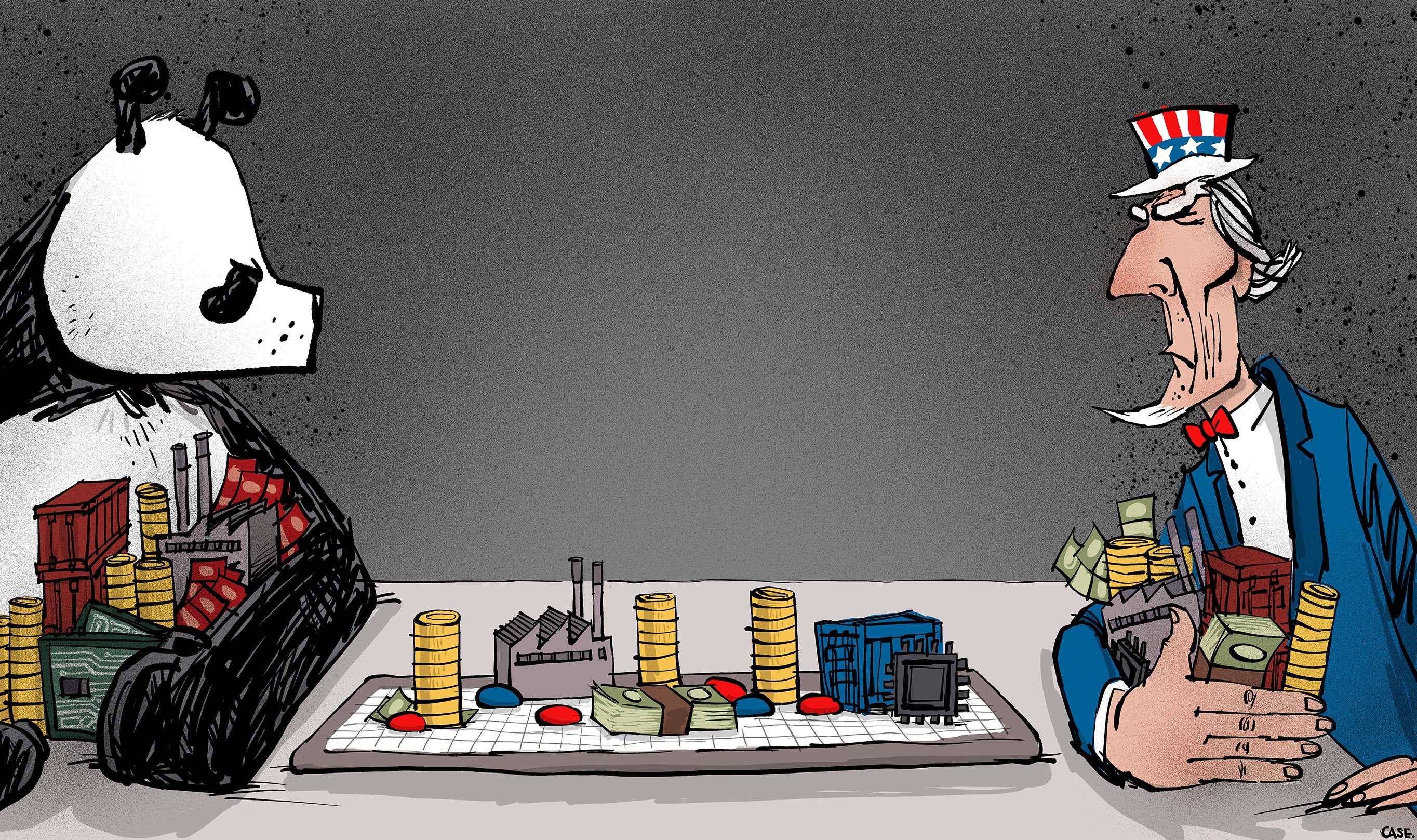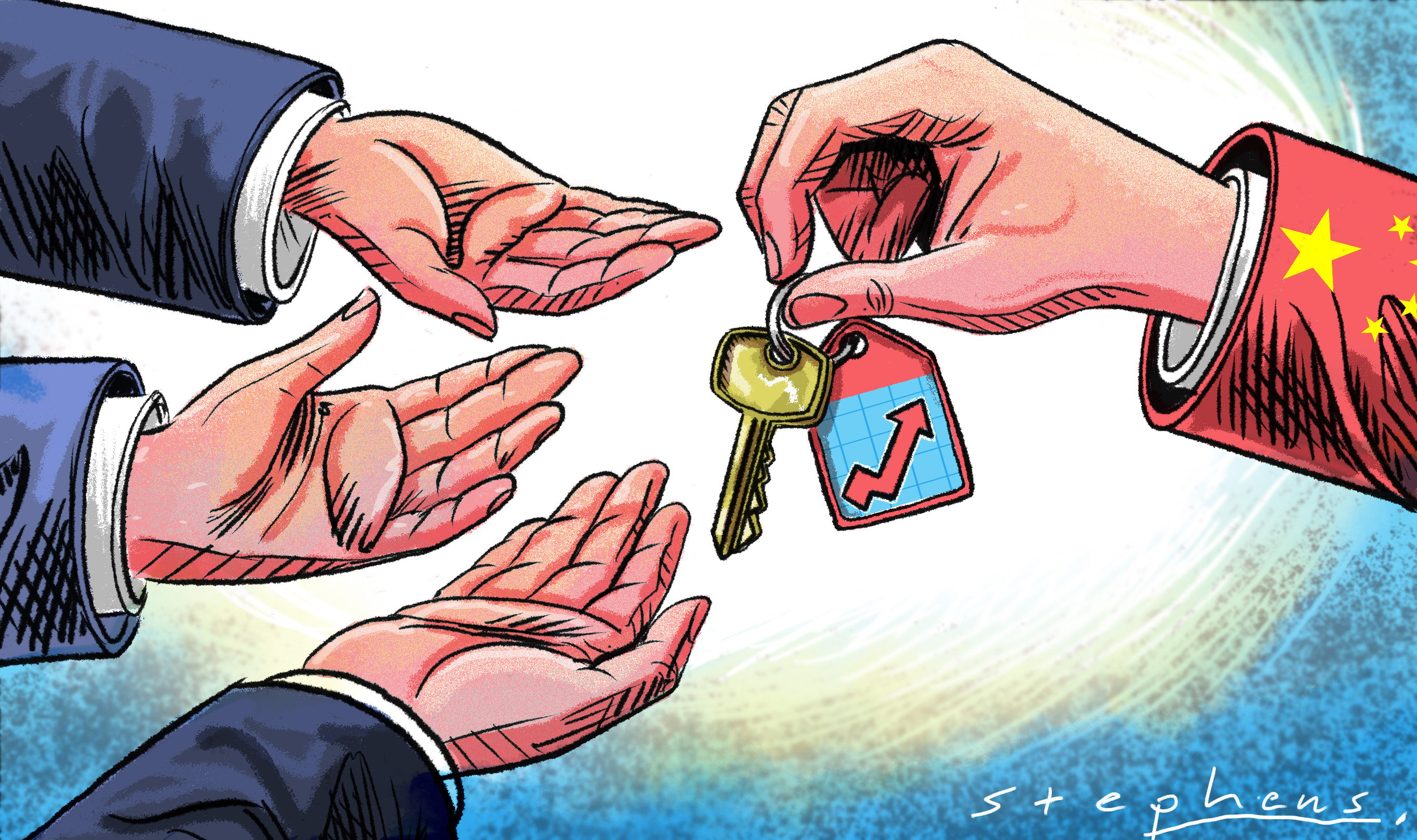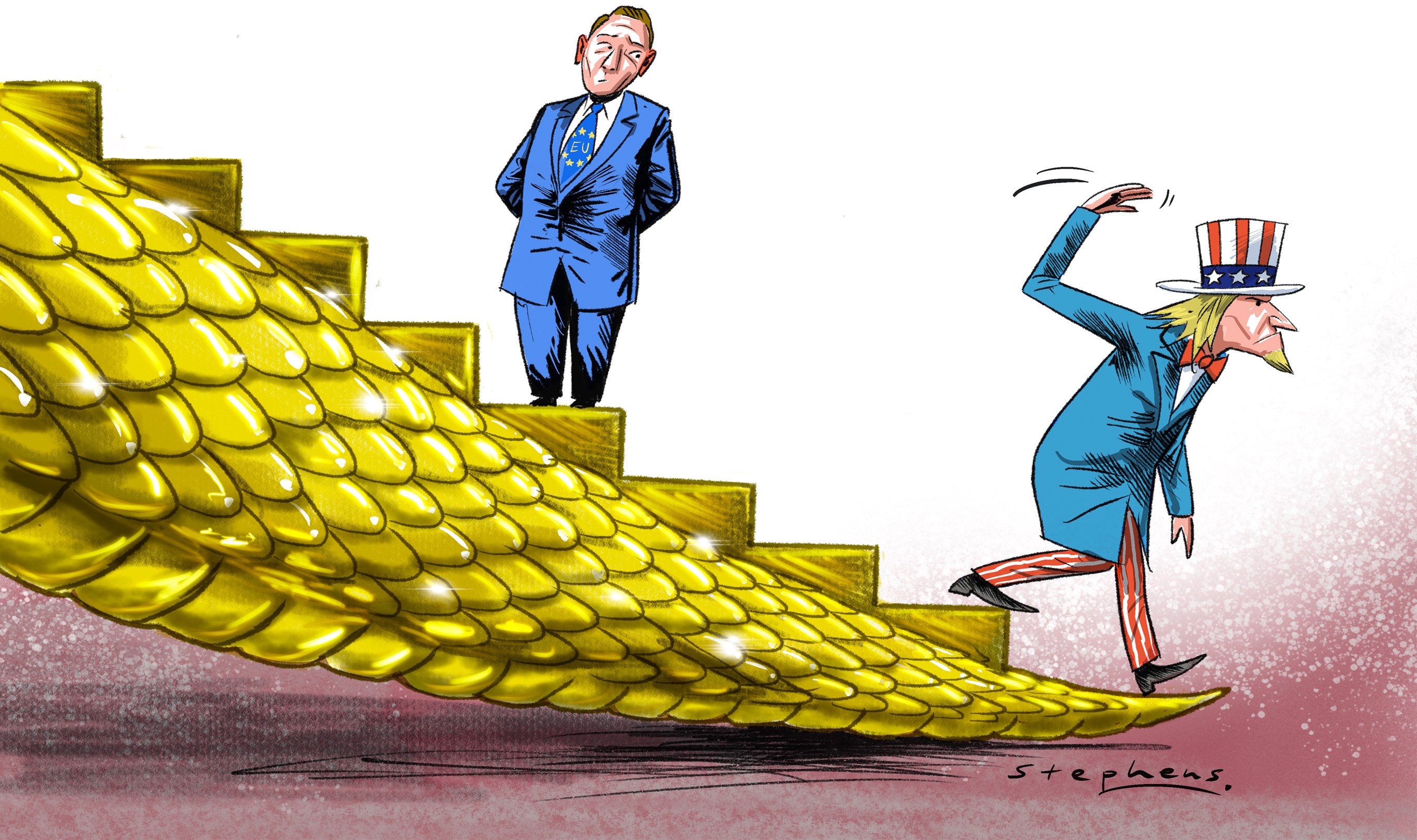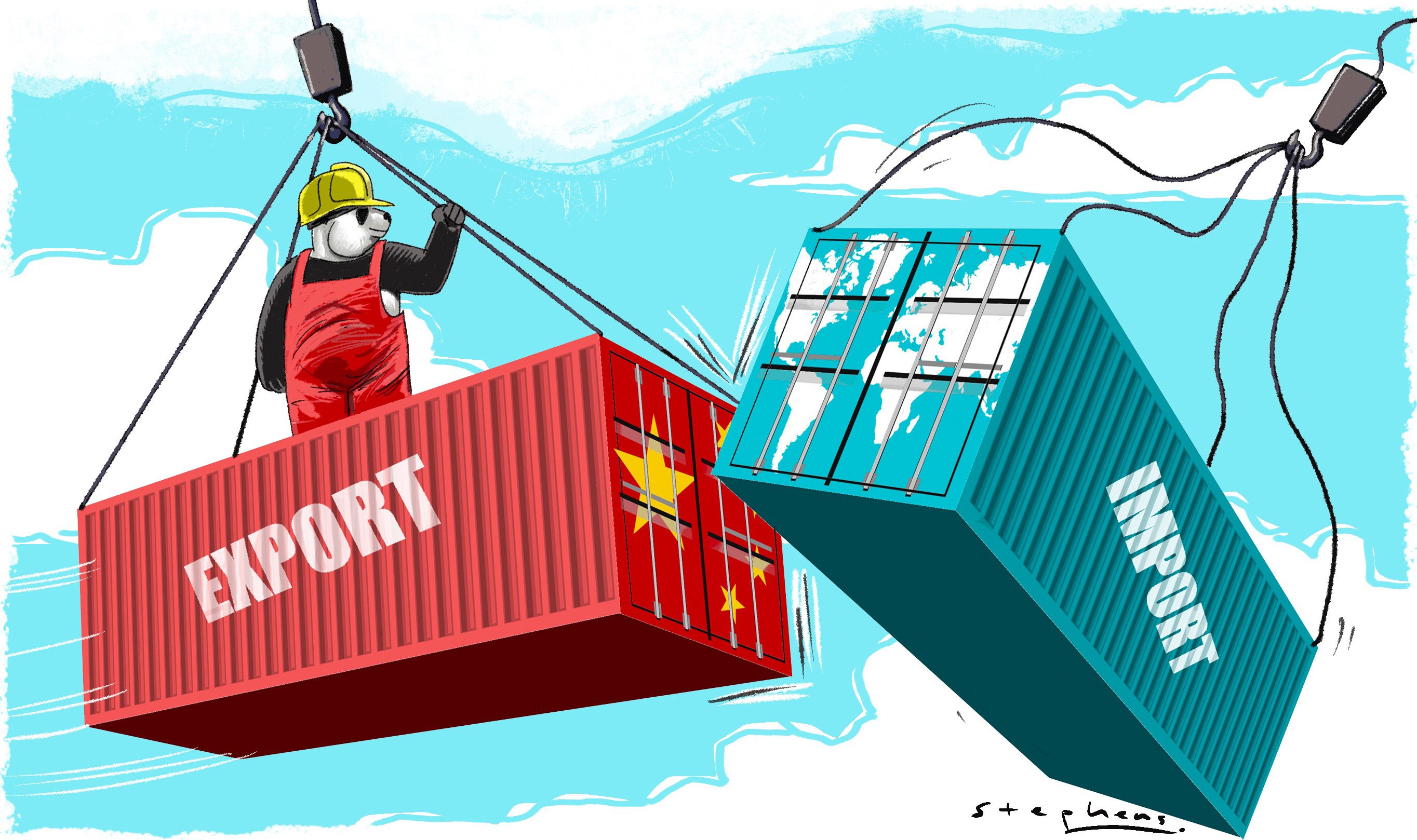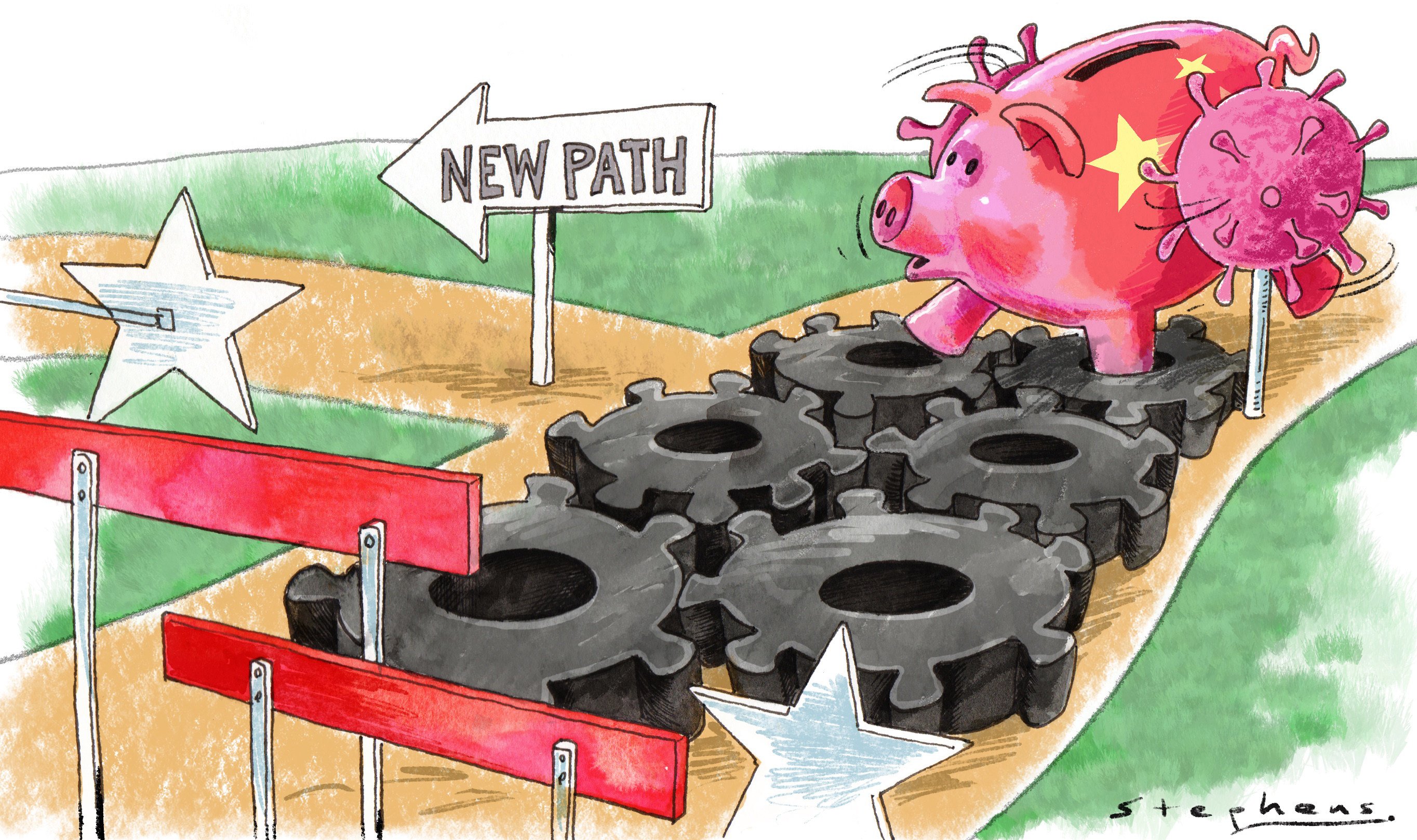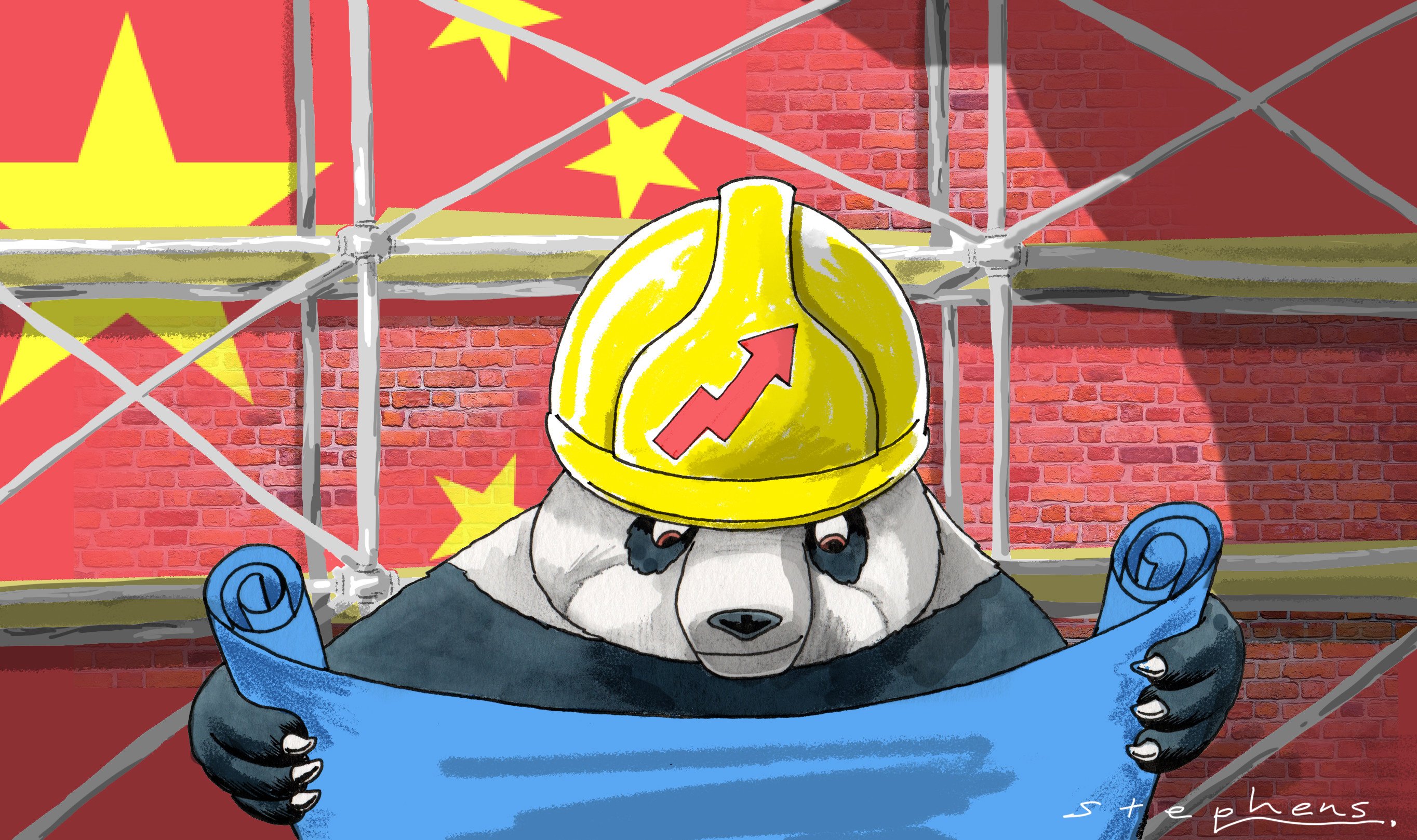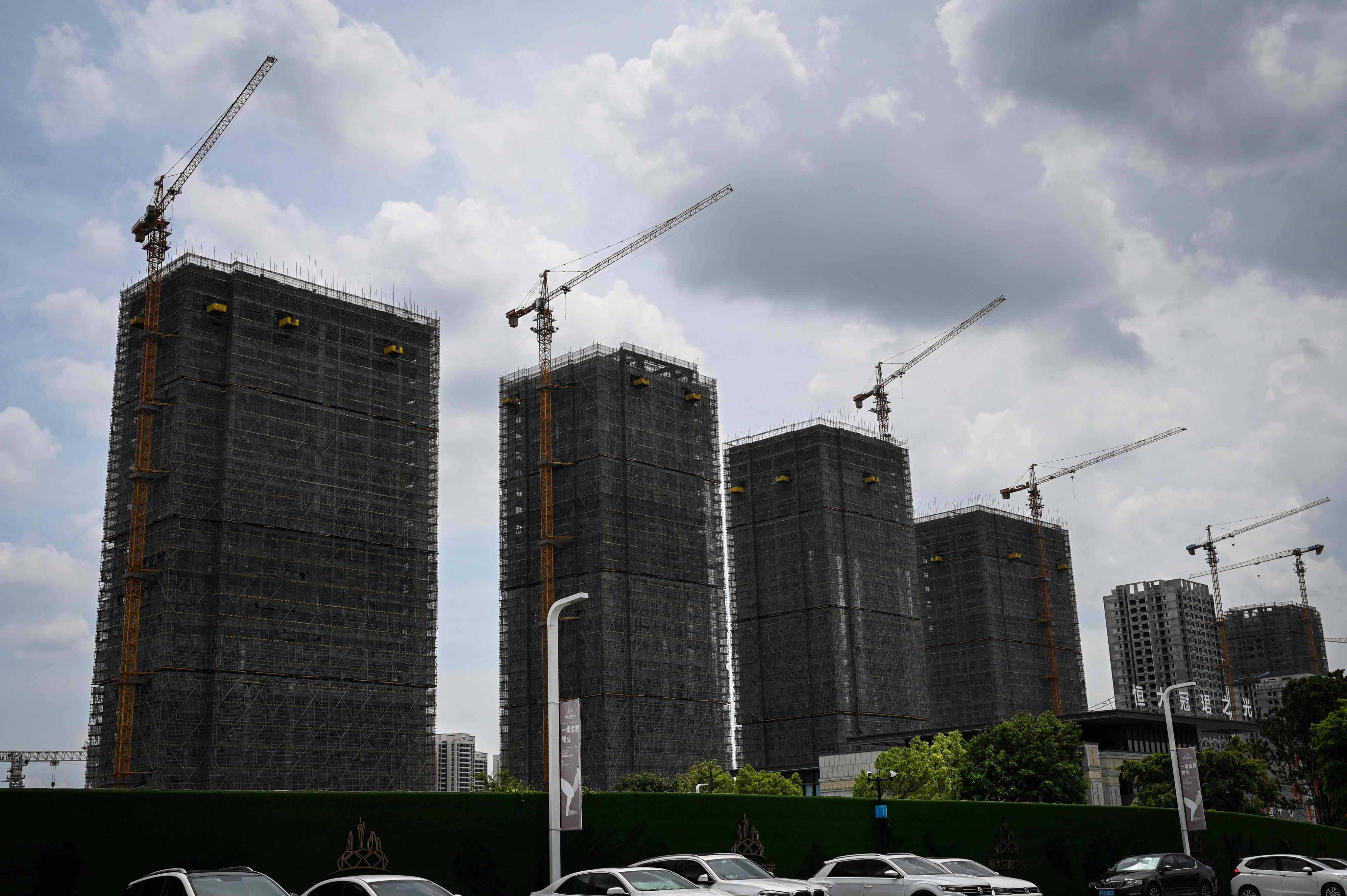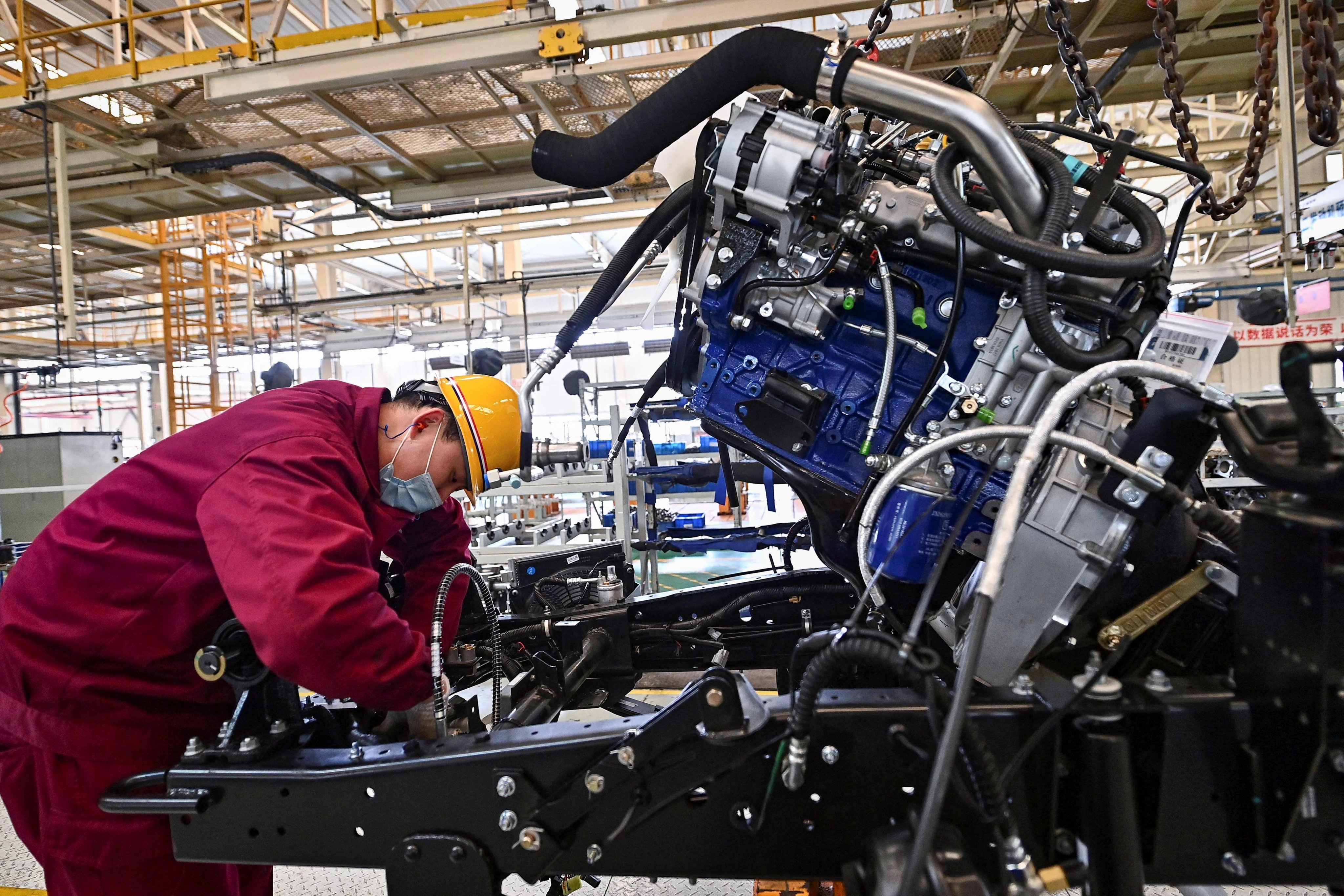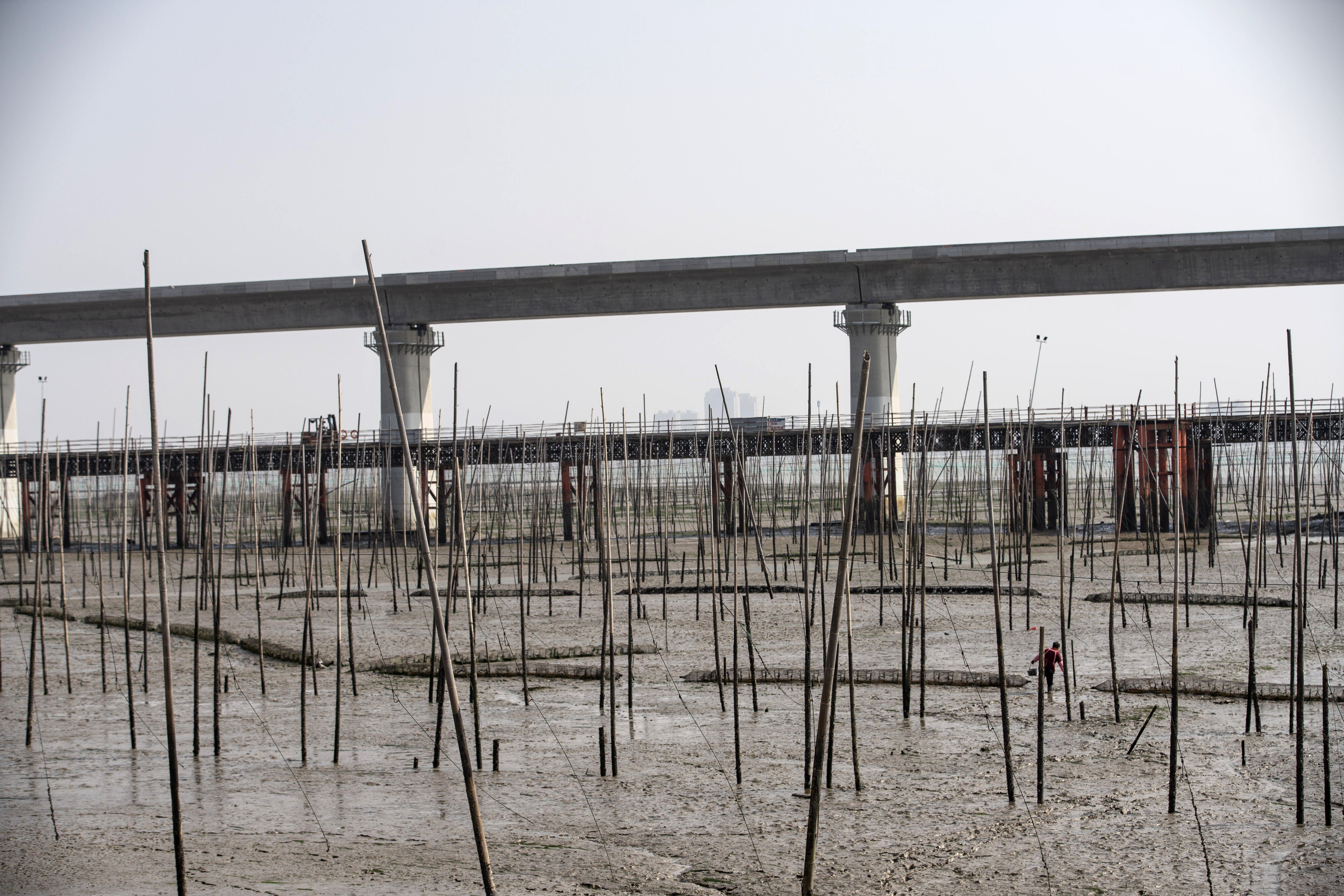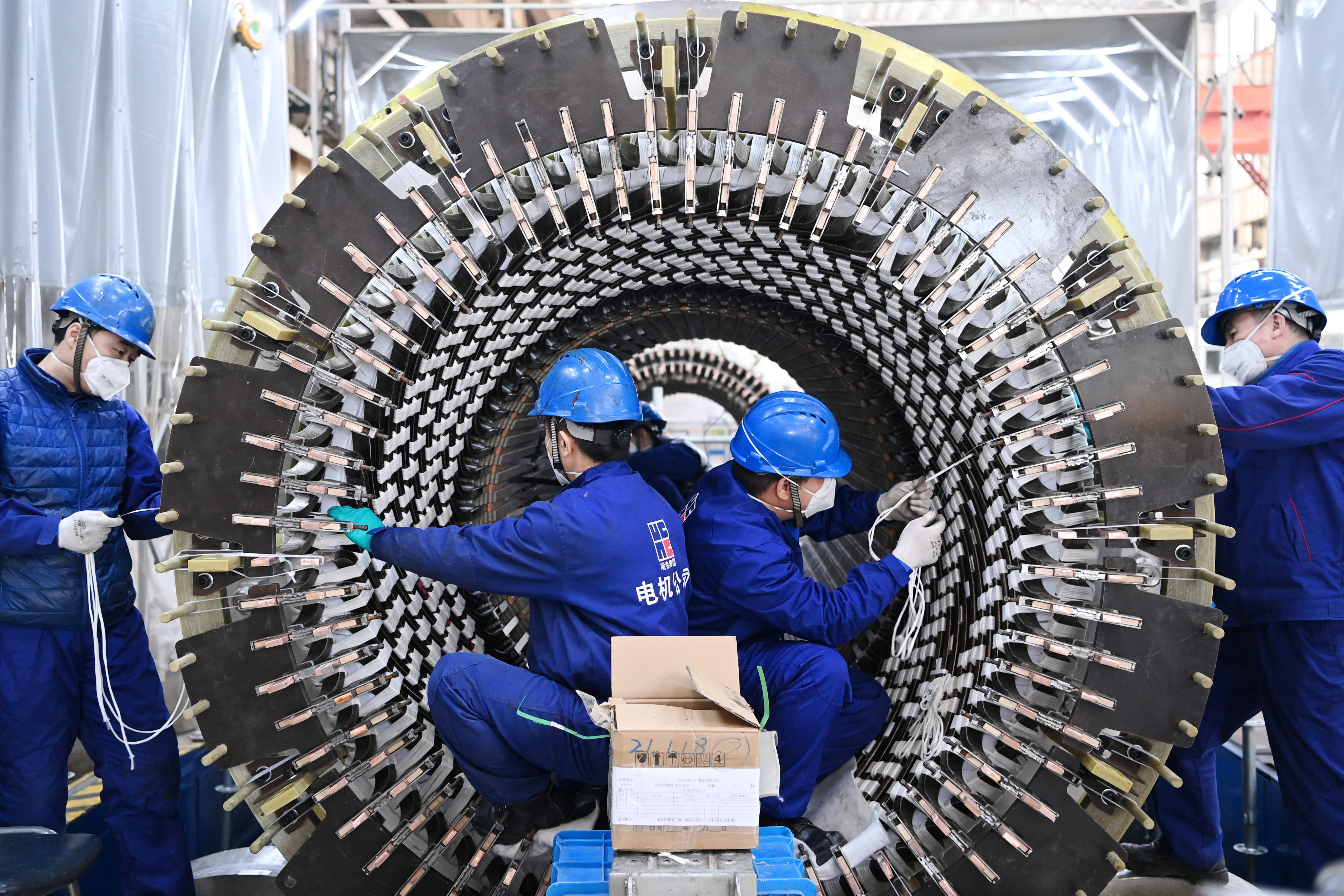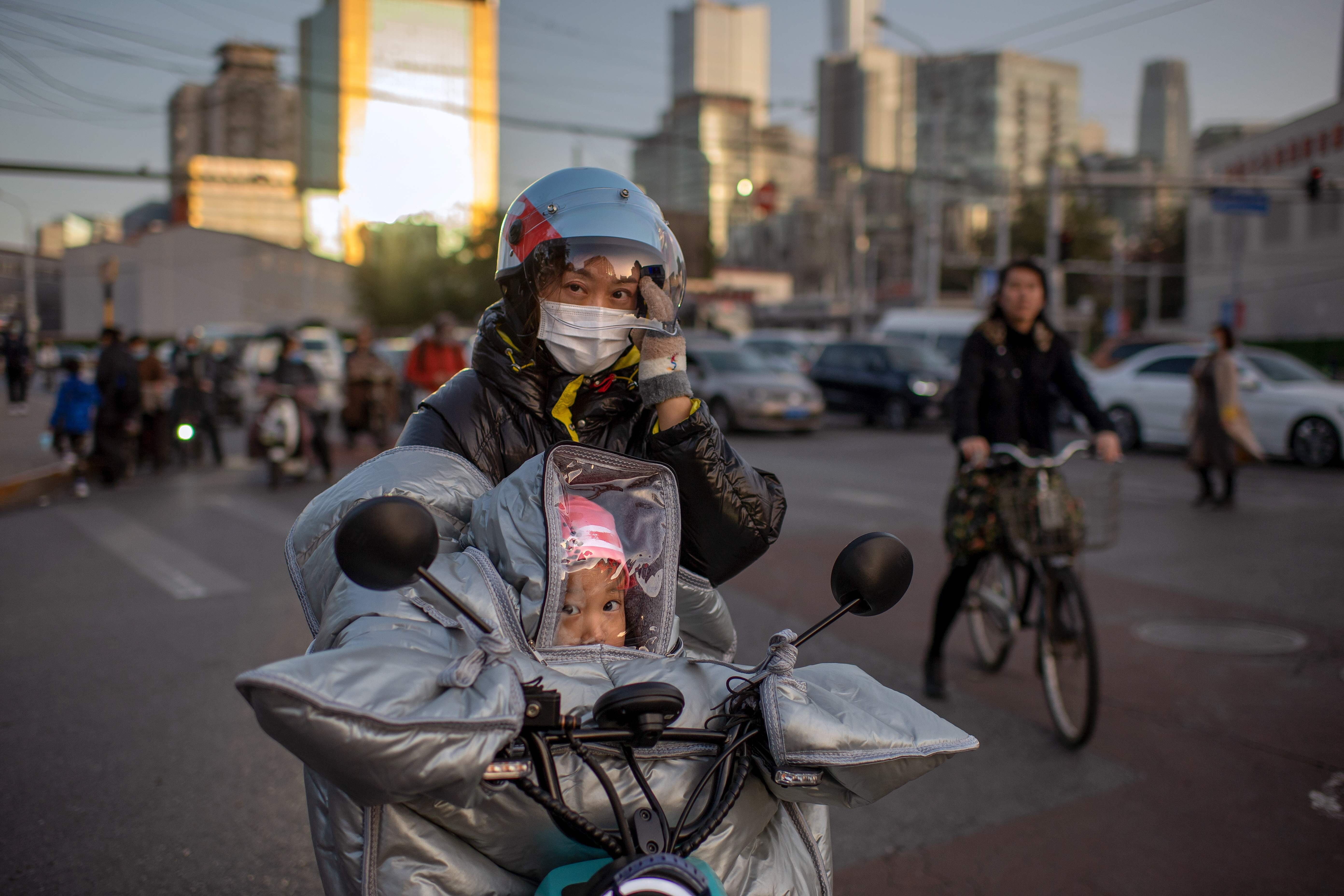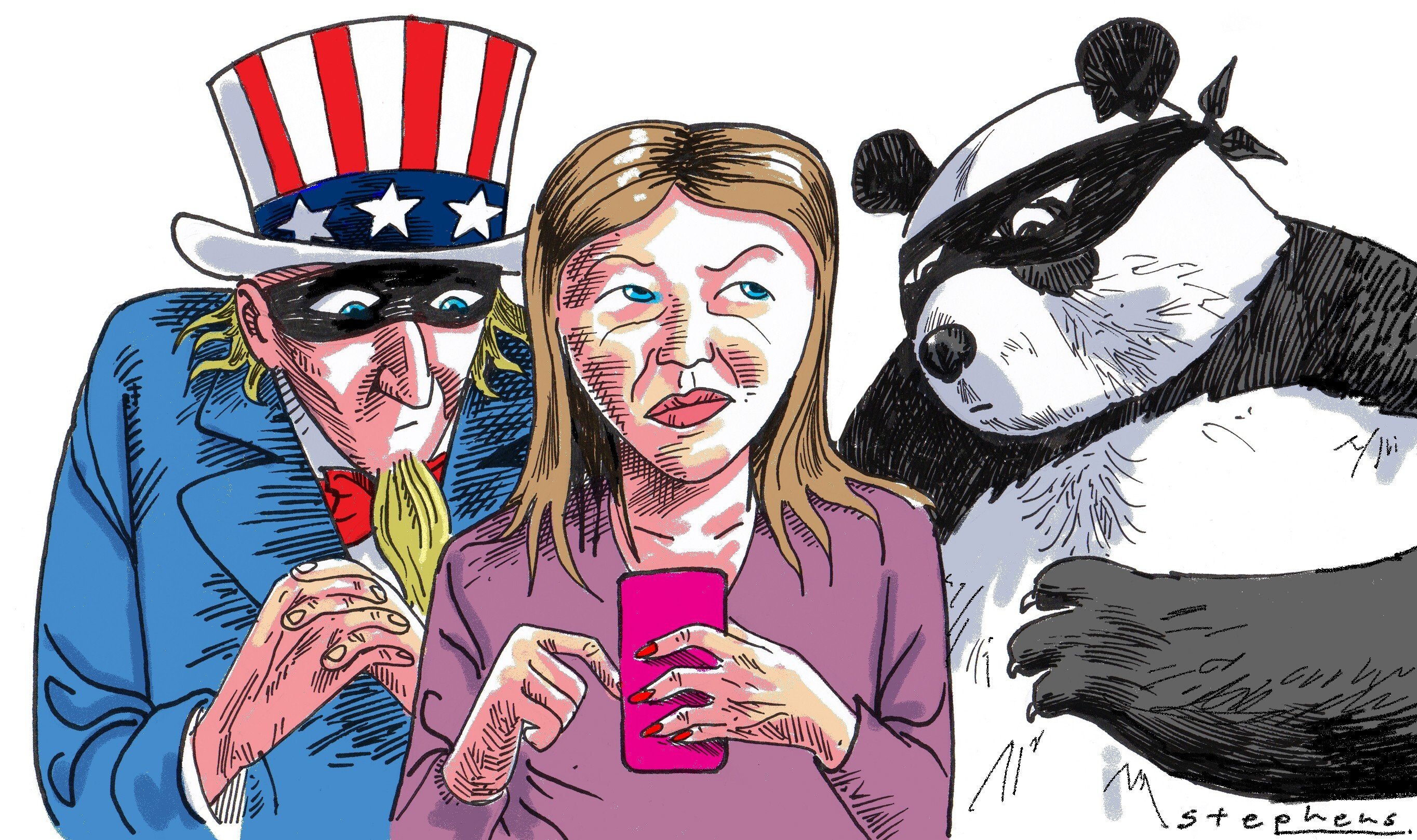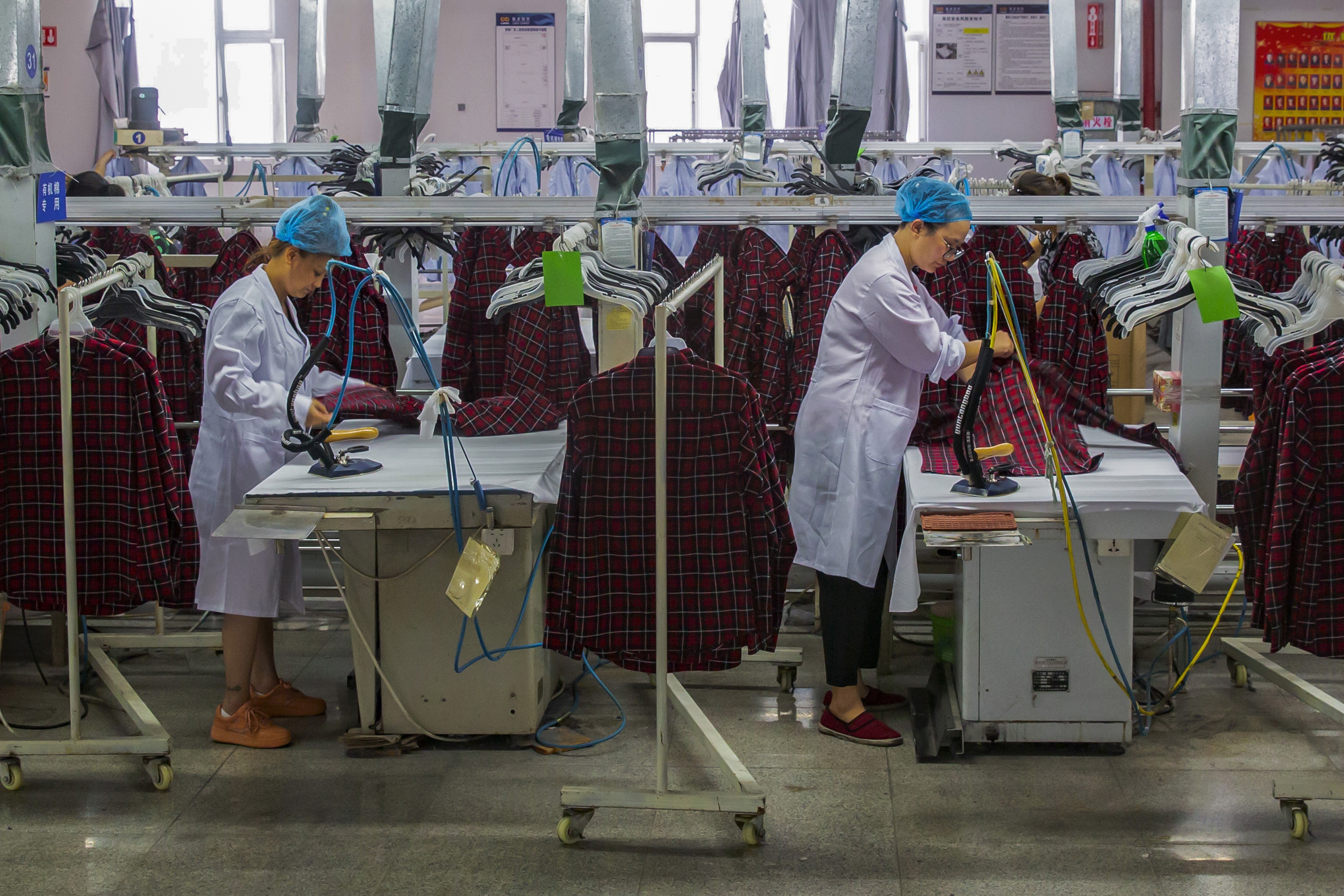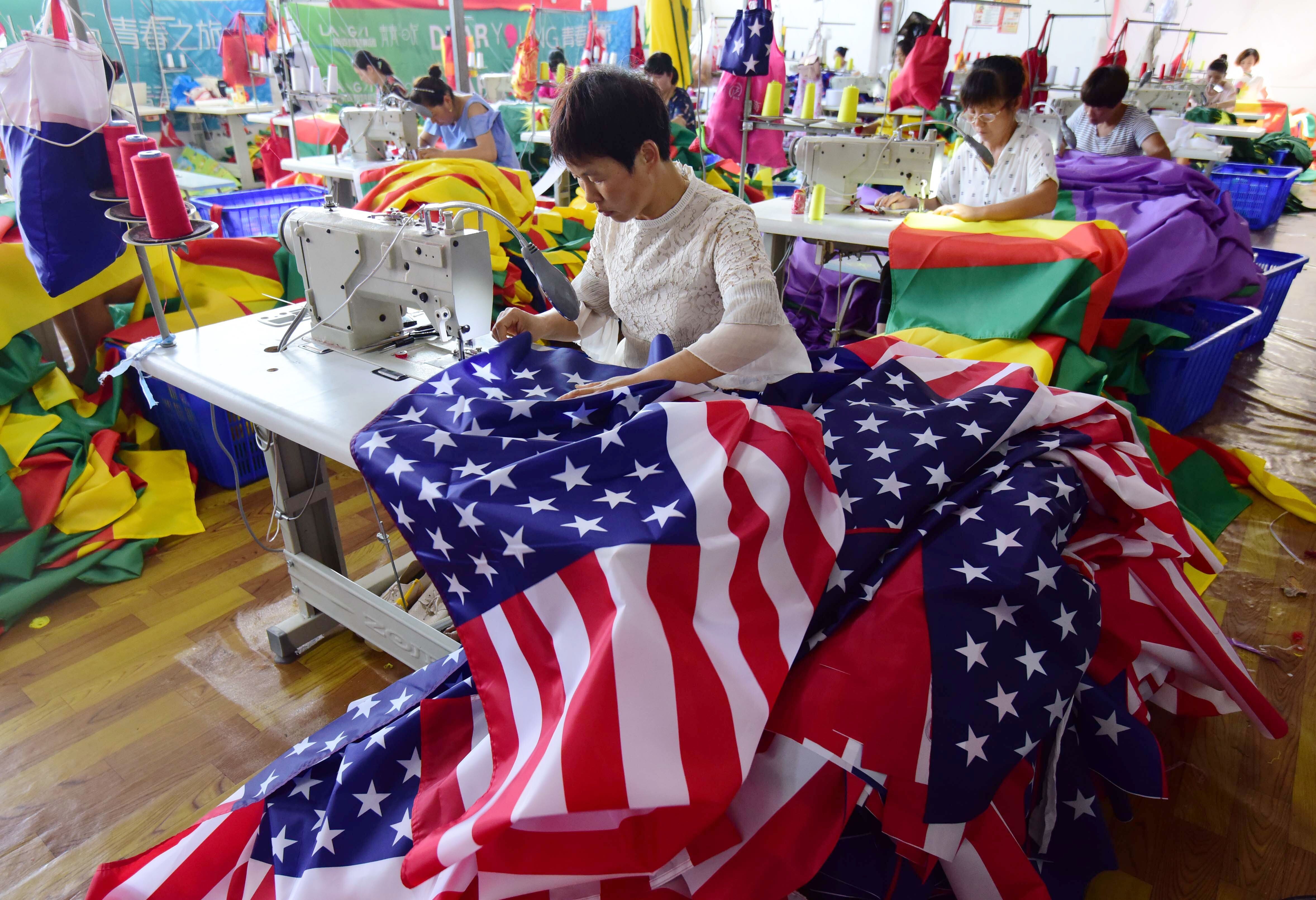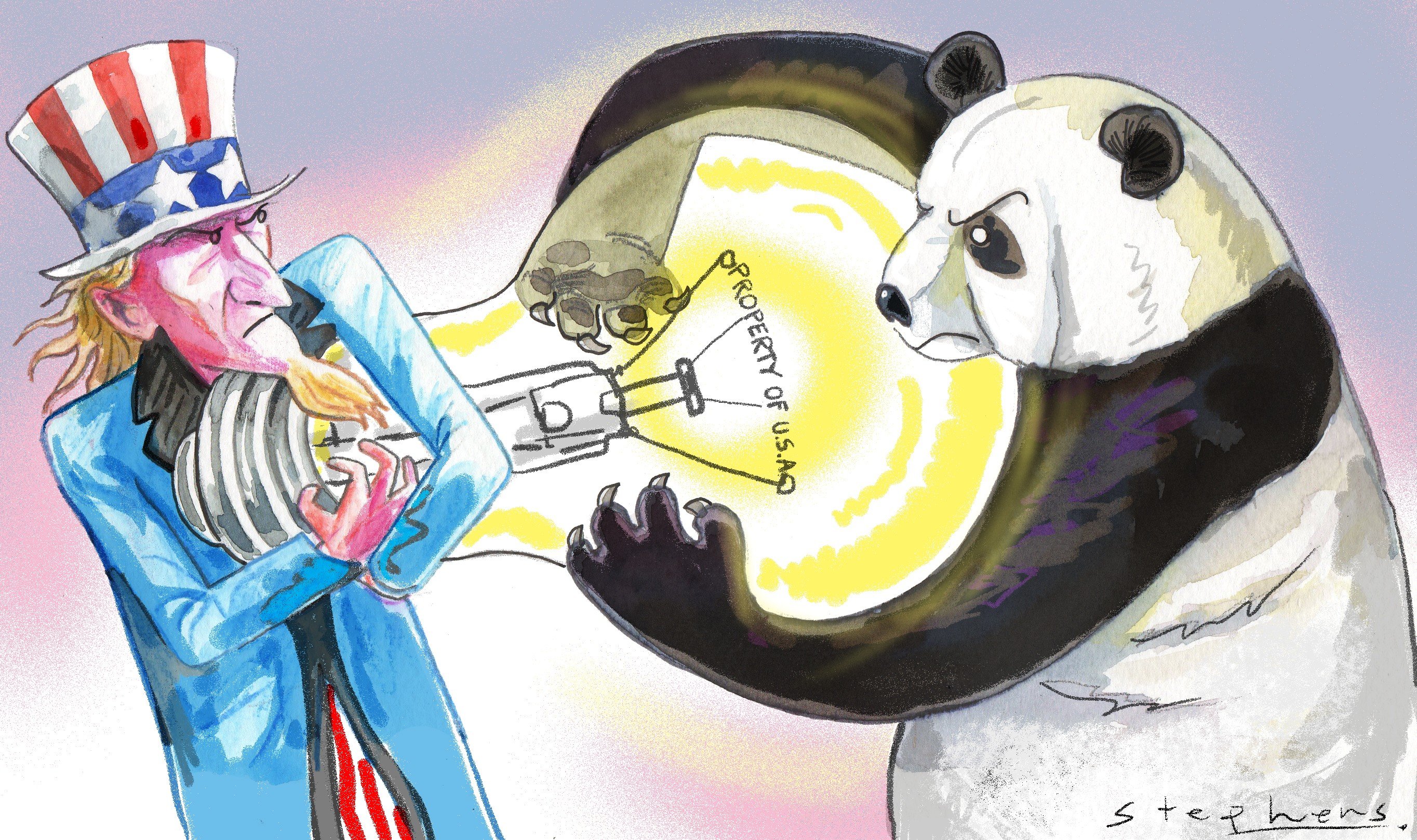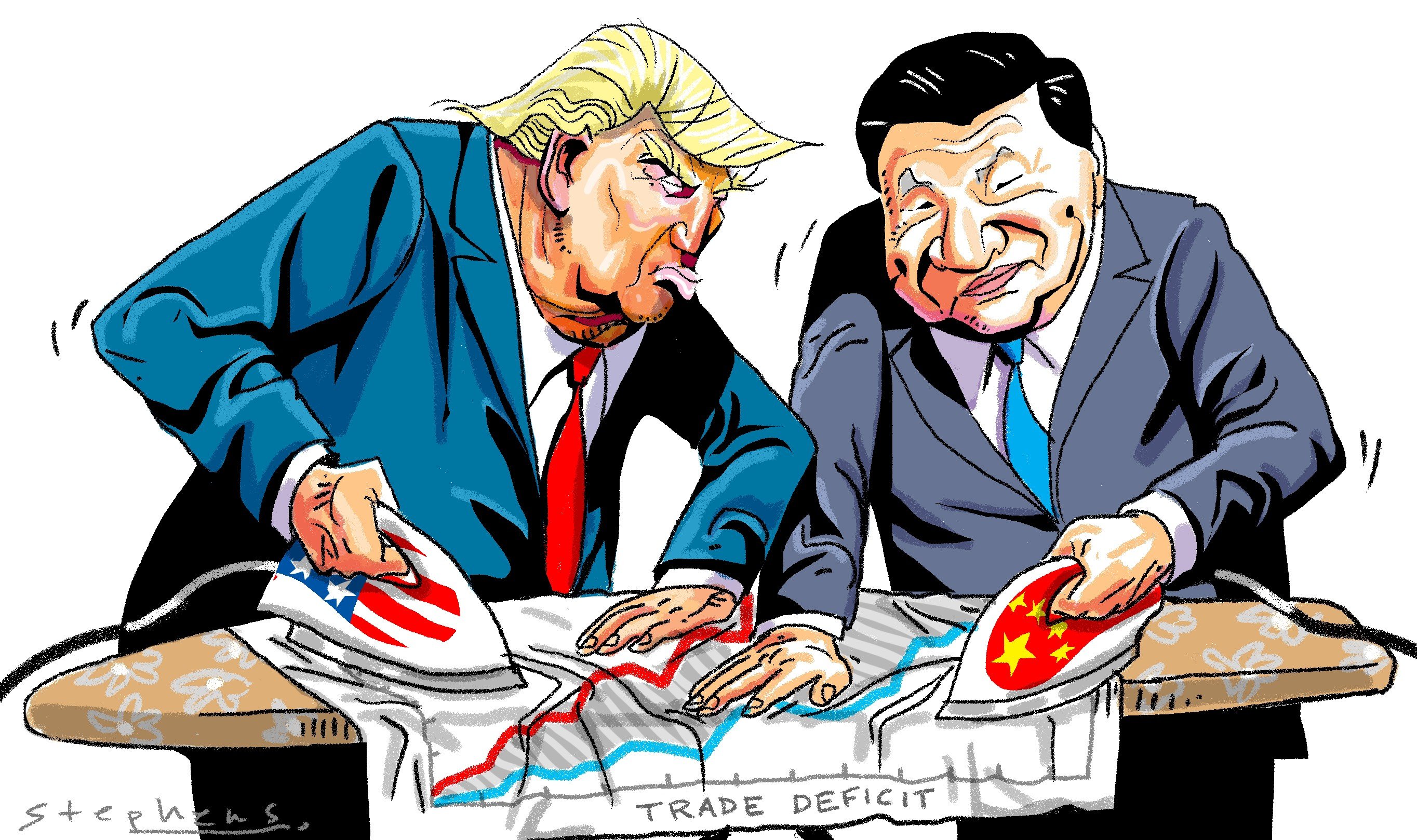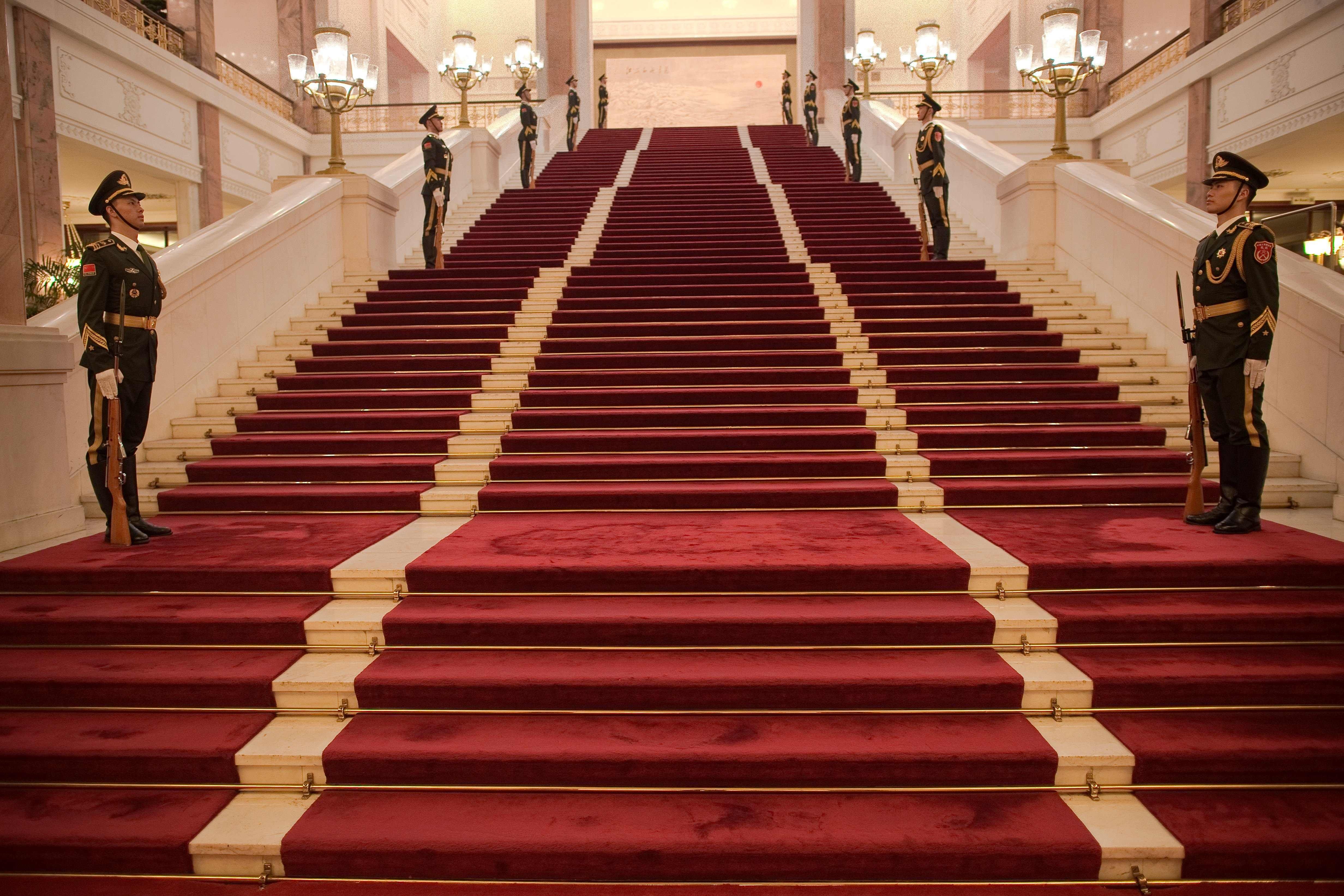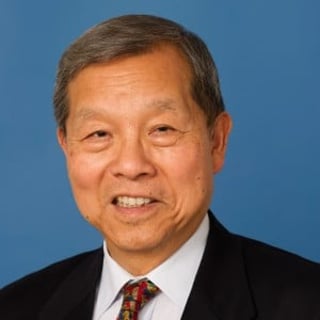
‘Bidenomics’ and Xi’s common prosperity share strikingly similar beliefs but because both economies are trade-linked and seek tech advancement, conflict becomes inevitable.
Fear of losing control is holding Beijing back from much-needed economic reforms, yet their success would shore up the central government’s credibility.
For the US and Europe, political factors affect how seriously they ‘de-risk’ but economic factors are also vital, especially for businesses. However, China’s economic malaise is structural and only deep reforms can secure growth
Despite US-led curbs, China is exporting more to the world than before, growing its share of global manufacturing. At the same time, its domestic economy depends less than ever on foreign investment and exports.
China enters the new year facing more economic uncertainty than it has faced in decades, but there is a path that can avoid steer it clear of pitfalls. It requires adapting old policies to new conditions to boost domestic consumption, navigate Covid challenges, and strengthen trade relationships.
The key to reviving China’s economic prospects lies in addressing the paradox that China is a highly distorted economy yet with substantial growth potential. Future growth requires a restructuring of the state’s role in allocating resources.
Beijing hopes its expansionary policies will lead to a rapid recovery, but the original 2022 growth target is no longer viable. Rather than more stimulus, the government needs to ease controls over resources that have created long-term declines in investment productivity.
If the US and Europe want China to become a responsible stakeholder, they need to drop the threats and offer inducements. Dispelling the notion of US containment would also improve public sentiment in both China and the United States, paving the way to improved ties.
Both sides share the misleading perception that promoting manufacturing is key to job creation, innovation and security. Their leaders have not recognised that the path to more constructive reengagement on trade issues lies in knowledge-intensive services.
China must boost its tax rates and realign tax and expenditure responsibilities so local governments become less dependent on revenue allocations from Beijing and land sales to finance their expenditure.
Beijing has yet to address the policy distortions that have led to a decade-long growth slowdown, amplified by US decoupling measures. It needs to find a balance in allocating public investment and between accessing foreign technological expertise and developing domestic capacity.
Behind China’s recovery from Covid-19, growth has slowed in the past decade. Without realigning the roles of the state and market forces, China’s growth rate could continue to fall – especially if the US-China decoupling process persists.
But as data becomes the new competitive domain, the TikTok case should be used instead to push for fair treatment of foreign firms in the tech industry, in both the US and China, as well as data protection standards.
While the heyday of China’s export-led growth may have passed and the ‘dual circulation’ strategy emphasises giving greater play to domestic growth drivers, the continued impact of trade may not be as bleak as some experts have suggested.
Some degree of economic decoupling is under way, but it’s unlikely that a large number of American firms will cut China out of their supply chains.
The US-China debate on intellectual property rights goes beyond economic concerns and into the realm of security. As the challenges of IP policymaking transcend US-China rivalry, a wider forum, on the lines of the G20, could help broker a political consensus.
It will take more than one meeting for Beijing and Washington to resolve their differences over complex issues, including the trade deficit, forced technology transfers and China’s technological ambitions. Trump might also have to reconsider Obama’s proposed investment treaty with Beijing.
